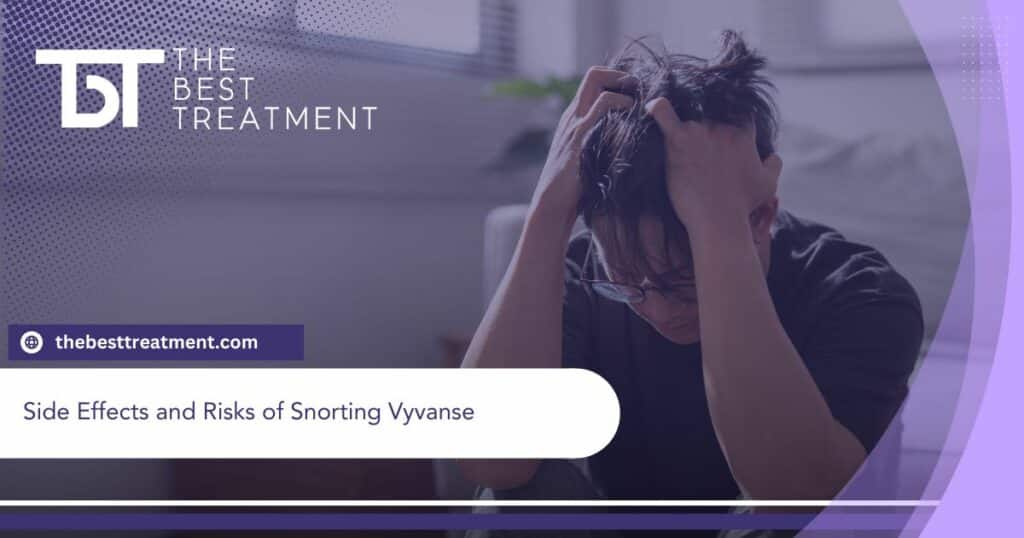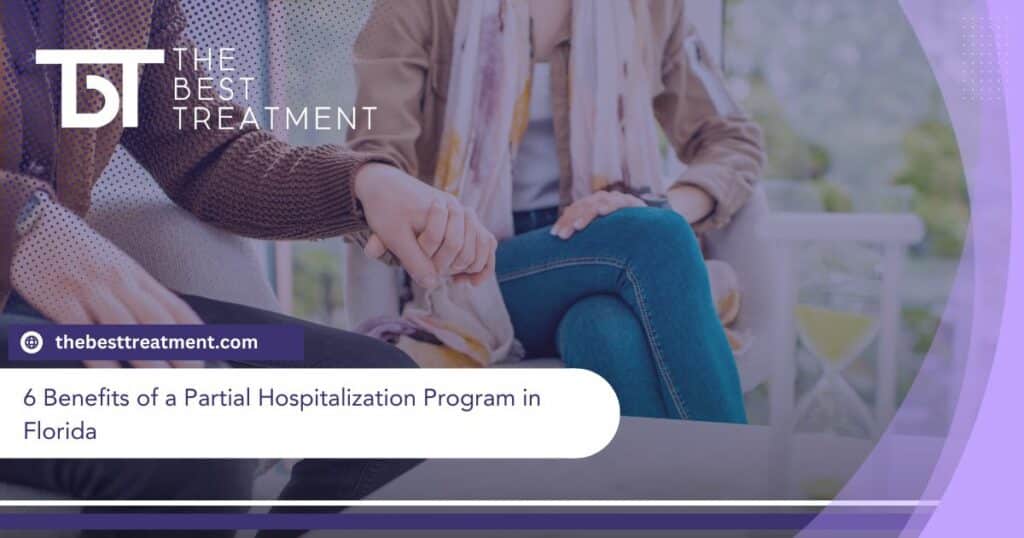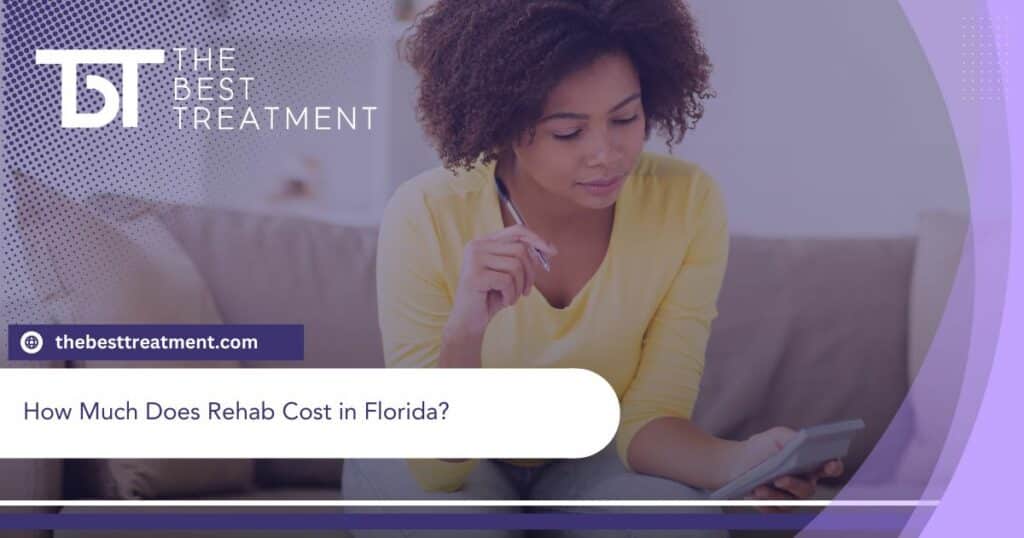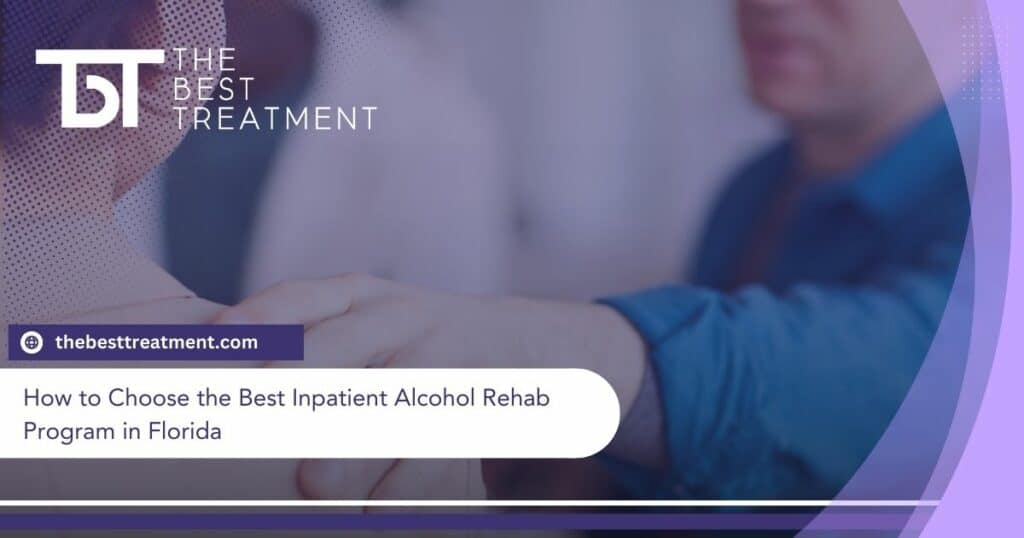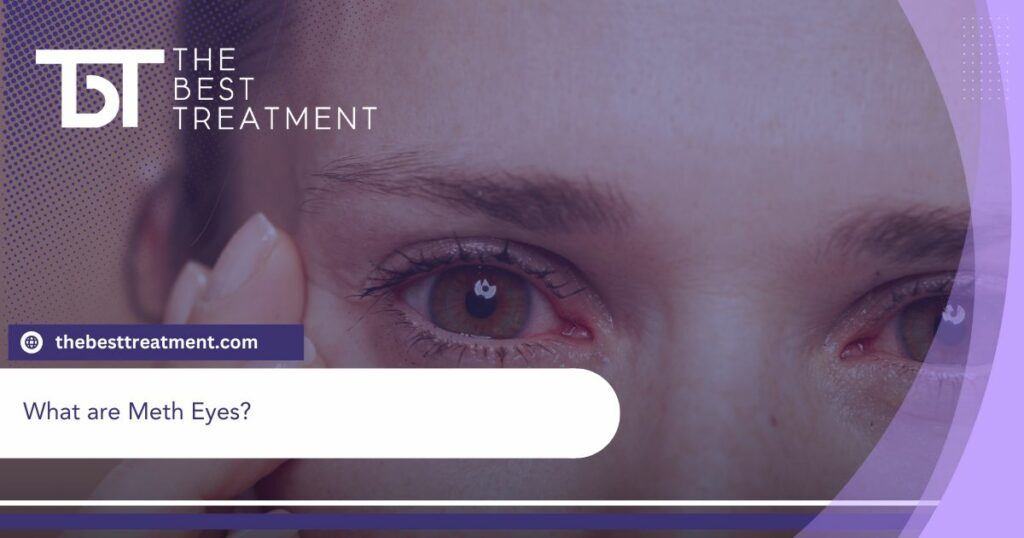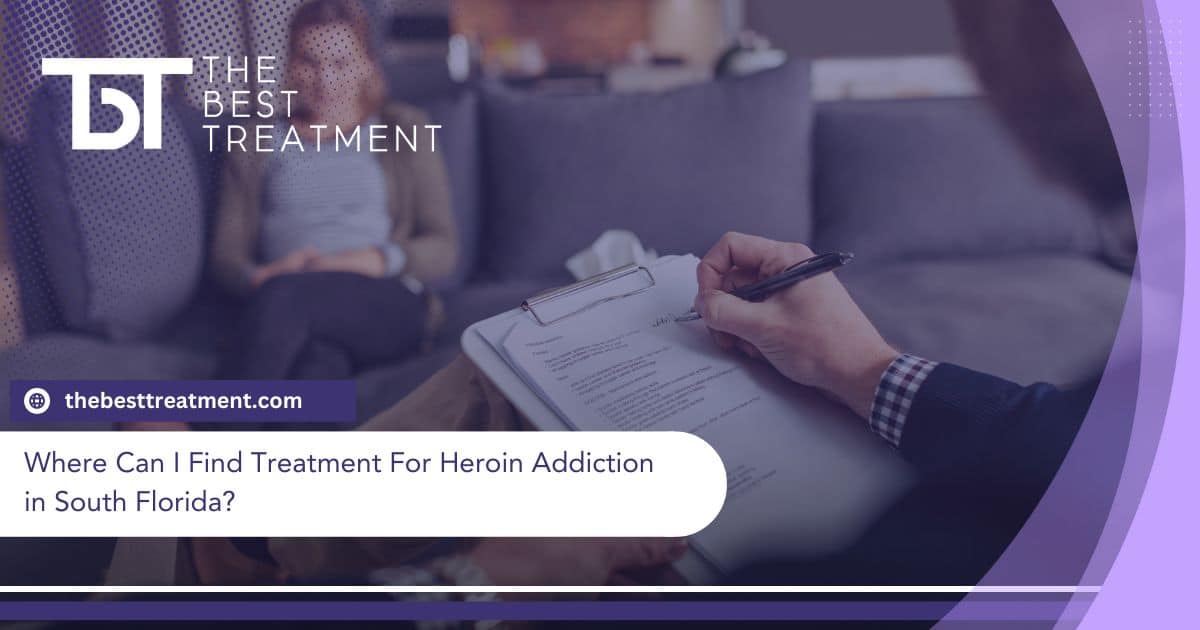Table of Contents
Millions of people in the United States develop an opioid addiction and use heroin. Without getting treatment, many people with heroin addiction will face severe, sometimes life-threatening effects and consequences in their health and ability to function in daily life. Many people with heroin addiction also face life-altering medical, legal, and financial problems and lose essential relationships with their family and friends.
Heroin addiction is a complex condition that impacts every aspect of a person’s life. People with heroin addiction require comprehensive treatment and ongoing support to address the emotional, physical, and behavioral roots of their substance abuse.
Addressing only the physical aspects of heroin addiction is not enough to ensure real, meaningful change. While physical dependence is a critical aspect of heroin addiction, people must also learn how to manage cravings and use healthy coping skills to avoid relapse for the rest of their lives.
Several barriers can prevent people with heroin addiction from getting the help they need to recover and live healthy, sober lifestyles. For some, simply finding high-quality treatment can be challenging.
Finding a comprehensive heroin addiction treatment program doesn’t have to be complicated. Reach out to the specialists at The Best Treatment now to learn about our high-quality, effective treatment programs or for guidance at any stage of recovery.
Understanding Heroin Addiction
Heroin is an illicit opioid drug. When users ingest heroin, usually by smoking or injecting it, the drug quickly reaches the brain and binds to opioid receptors there. Heroin causes the brain to release a flood of dopamine, which is a neurotransmitter related to pleasure and reward. Users typically experience a rush of intense well-being known as euphoria. They may also feel warm, sedated, calm, and free of pain.
After the initial pleasurable effects of heroin disappear, people often want to use more to maintain their “high.” After a period of heavy or regular heroin use, people may develop tolerance, meaning that they need to use more heroin to achieve the pleasurable effects they want.
Heroin is highly addictive, and it can take very little time for people to develop tolerance. In very few uses, people can get caught up in a destructive pattern of heroin use that can quickly spiral into a life-threatening addiction.
In many cases, heroin abuse and addiction develop after a person has developed tolerance or addiction to other opioids, like prescription painkillers. When someone has developed an addiction to prescription opioids but can no longer obtain them legally, they may rely on other opioids, including heroin, to get their fix.
Research from the National Institute on Drug Abuse (NIDA) shows that about 1.1 million people in the United States used heroin in 2021. Of these, 1 million developed an addiction. This highlights the highly addictive properties of heroin and suggests that most people who try it will develop an addiction to it. Some medical and addiction specialists believe that people may be able to develop an addiction to heroin after just one use.
Effects of Heroin
Heroin is a potent, highly addictive drug that can cause many severe, life-threatening consequences in people who use it. Some of the short-term effects of heroin include:
- Nausea
- Vomiting
- Confusion
- Constricted pupils
- Low body temperature
- Itching
- Sensitivity to light
- Depressed breathing
- Slowed heart rate
- Bluish skin, hands, and lips
Some of the long-term effects of prolonged or heavy heroin use can include:
- Addiction
- Dental damage, including tooth decay and swollen gums
- Scabs, scars, and wounds from excessive scratching
- Lowered immunity
- Poor appetite and malnutrition
- Loss of libido or sexual functioning
- Insomnia
- Weakness
- Chronic constipation
- Liver damage
- Kidney disease
- Bacterial infections and abscesses
- Infections of the heart valves
People who become addicted to heroin often face financial, social, and legal problems stemming from their substance use.
Finding Treatment for Heroin Addiction in South Florida
Comprehensive heroin addiction treatment is critical to helping people safely stop using this potent, hazardous drug and avoiding relapse for life.
For many, the first stage of heroin addiction treatment is a medically-supported detox program. People who abruptly stop using heroin often experience brutal withdrawal symptoms, including:
- Restlessness
- Agitation
- General malaise (discomfort)
- Anxiety
- Tremors
- Sweating
- Chills
- Shivering
- Muscle aches
- Bone pain
- Diarrhea
- Vomiting
- Insomnia
Heroin withdrawal symptoms typically begin within a few hours of a person’s last dose and peak 24 to 48 hours after onset. These symptoms can make people so uncomfortable that they relapse before detoxification is complete.
During a medically-supported detox program, people receive medications, emotional support, and supervision that ensure they have a safe, complete withdrawal. After detox, people must continue in a heroin addiction treatment program that will give them the skills to avoid relapse for the rest of their lives. Treatment plans typically include:
- Individual counseling and cognitive behavioral therapy (CBT)
- Group therapy and support
- Family therapy
- Relapse prevention education
- Coping skills practice
- Mental health treatment
- Aftercare planning
- Holistic therapies like nutrition support, exercise, mindfulness, massage, and more
Heroin addiction is a complex condition, but comprehensive treatment can help you move forward into a healthier way of living. Seek treatment for heroin addiction as soon as you recognize a problem.
Find Treatment for Heroin Addiction in South Florida
If you or someone you love struggles with heroin use or addiction, you are not alone. At The Best Treatment, we understand the complexities of heroin addiction and can provide effective, life-saving treatment.
Don’t wait for another day to pass without getting the help you need. Reach out to our intake specialists now to learn about our Florida heroin addiction treatment programs or schedule an intake assessment.
Medically Reviewed: September 25, 2019

All of the information on this page has been reviewed and verified by a certified addiction professional.





